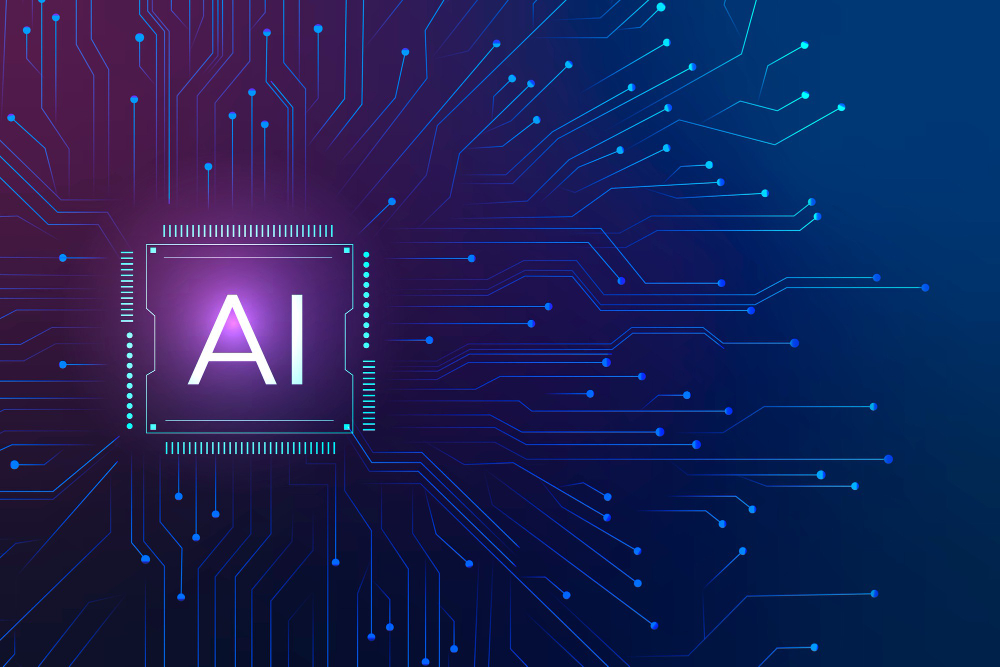Advancing through Forgetting: A Breakthrough in AI Research
Researchers from Tokyo University of Science have made a groundbreaking discovery in the field of artificial intelligence (AI). They have developed a method to enable large-scale AI models to selectively "forget" specific classes of data. This breakthrough has the potential to revolutionize the way we design and deploy AI systems, making them more efficient, more accurate, and more responsible.
The Problem with Large-Scale AI Models
Large-scale AI models, such as OpenAI’s ChatGPT and CLIP, have been hailed as game-changers in various domains, from healthcare to autonomous driving. However, these models come with significant challenges. Training and running these models requires enormous amounts of energy and computational resources, making them unsustainable in the long run. Moreover, their generalist tendencies can hinder their performance on specific tasks.
The Need for Selective Forgetting
In many real-world applications, it is not necessary to recognize all classes of objects or data. For instance, in autonomous driving, it is sufficient to recognize cars, pedestrians, and traffic signs, but not food, furniture, or animal species. Retaining classes that are not necessary can decrease overall classification accuracy and waste computational resources.
The Black-Box Forgetting Method
The research team, led by Associate Professor Go Irie, has developed a novel method to induce selective forgetting in black-box AI systems, which are common due to commercial and ethical restrictions. This approach, dubbed "black-box forgetting," sidesteps the need for direct access to the model’s internal architecture and parameters.
How it Works
The team used a derivative-free optimization method, specifically the Covariance Matrix Adaptation Evolution Strategy (CMA-ES), to modify the input prompts for the AI model. This process involves iterative rounds of adjusting the prompts to make the AI model "forget" specific classes of data. The study used CLIP, a vision-language model, as the test subject.
Results and Applications
The researchers achieved impressive results, demonstrating that their method can make CLIP "forget" approximately 40% of target classes without direct access to the model’s internal architecture. This breakthrough has significant implications for real-world applications, including:
- Simplifying AI models for specialized tasks, making them faster and more efficient
- Preventing the creation of undesirable or harmful content in image generation
- Addressing the "Right to be Forgotten" issue in AI, particularly in high-stakes industries like healthcare and finance
Conclusion
The Tokyo University of Science’s black-box forgetting approach is a significant step forward in AI research, addressing both technical and ethical concerns. As the global race to advance AI accelerates, this breakthrough charts a crucial path forward, making AI more adaptable, efficient, and responsible.
FAQs
Q: What is the significance of selective forgetting in AI?
A: Selective forgetting enables AI models to focus on specific tasks, reducing computational resources and improving accuracy.
Q: How does the black-box forgetting method work?
A: The method uses a derivative-free optimization approach, modifying input prompts to make the AI model "forget" specific classes of data.
Q: What are the applications of black-box forgetting?
A: This technology has the potential to simplify AI models for specialized tasks, prevent the creation of undesirable content, and address the "Right to be Forgotten" issue in AI.











